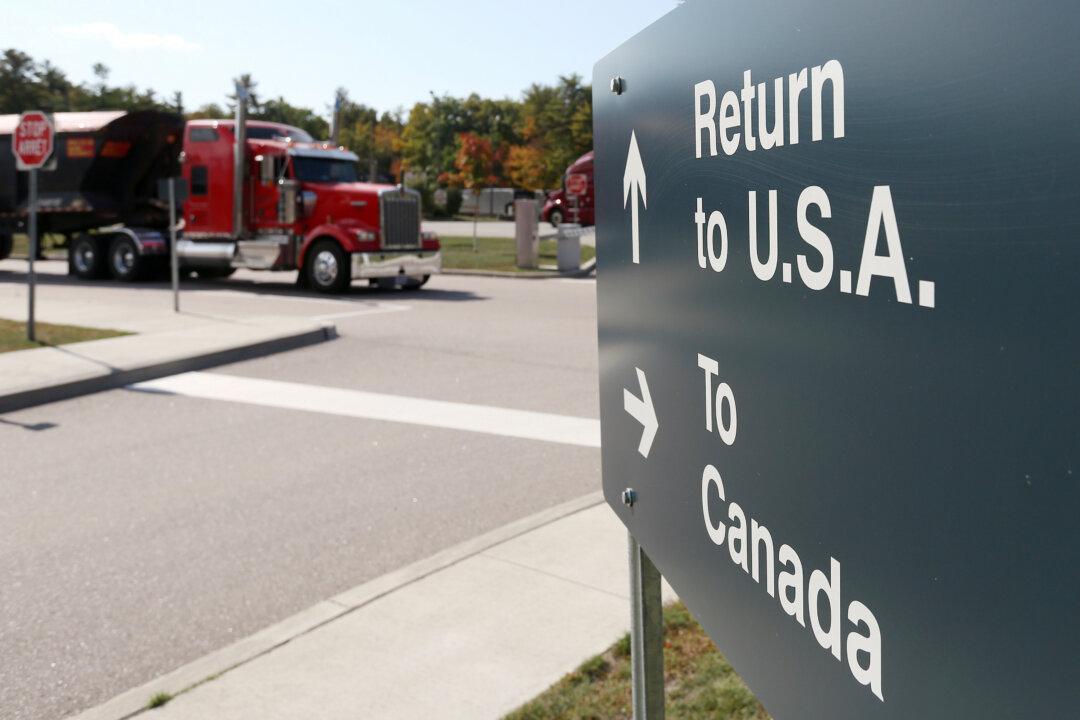Some families with loved ones in Canada and the United States are ecstatic about Ottawa’s decision to lift border restrictions, since they will be able to reunite. But beneath the joy there is deep frustration that has built up over the past years and the sentiment that the battle is only half-won, as the U.S. border is still technically closed to unvaccinated foreigners.
“I’m in tears right now as I type this, as I’m realizing I will actually be able to hug my husband for the first time in 2 years,” said Vera Post in an email to The Epoch Times. “This should have never happened.”





